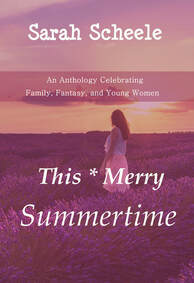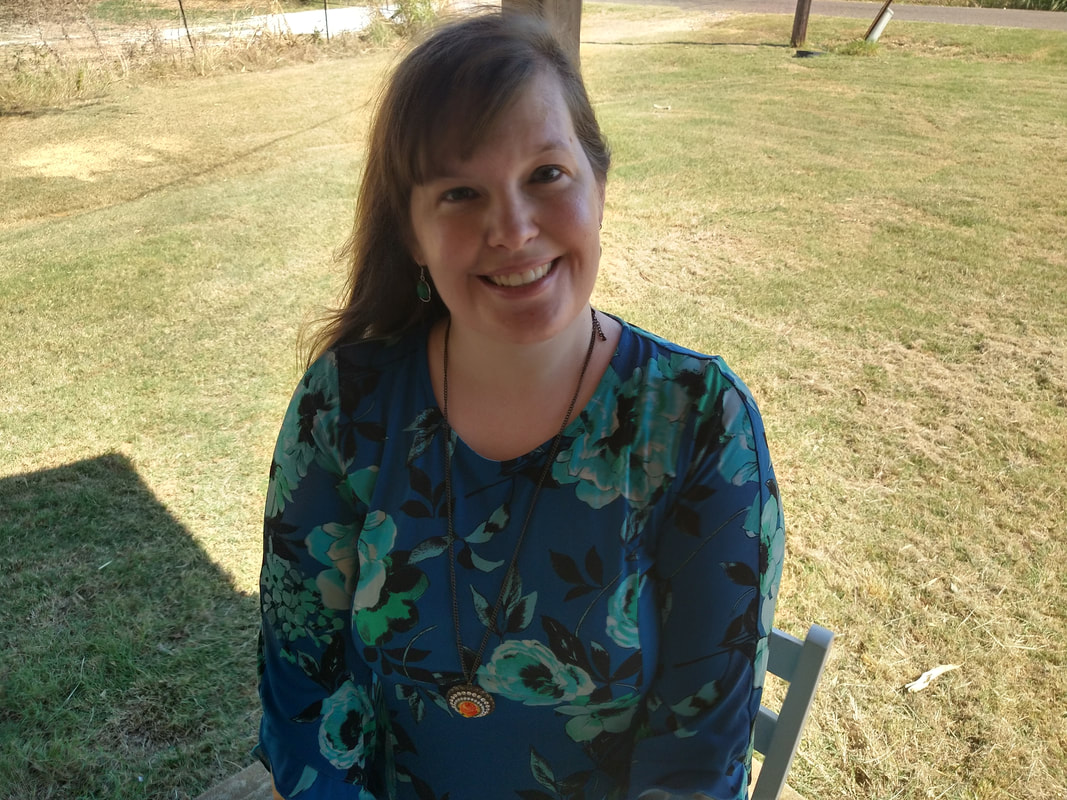|
This week I’m continuing the monthly In a Nutshell series, in which I explore a few of the five central characters for my books in more detail. Facets of Fantasy was the second of my published books so it's natural to discuss it early on. And since its three component stories complement each other in multiple ways, one character from each story deserves a mention when examining the whole book.
Ferdinand in "Halogen Crossing" has upset the central character Cassie because he killed her parents. It all goes back to an ancient artifact owned by the rulers of Ferdinand’s city. POV matters because we hear things only from either Cassie's viewpoint or her cousin's. The culture stemming from the artifact in the city certainly isn't great and it influenced Ferdinand because the people here were very serious about what they were doing. But Cassie's country, Medosa, is extremely tribal and primitive and the artifact came from there in the first place. The link between Ferdinand and Cassie becomes a deep one and likely to show back up in his life after the story ends. Lord Andre in "Jurant" is also a bit tricky and he may be shown differently from what he’s really like. This is due to the story being told from the POV of his grandson, Don, who views him in a very angsty way because he blames Lord Andre for a death in his family. All the teenage characters are hard on Lord Andre, but he is at least somewhat misunderstood. Julie was not necessarily perfect even though she died and Lord Andre’s poor relationship with Don is based on bad communication rather than malevolence. Violet in "The Amulet of Renari" inherits a necklace with special properties and finds there’s a ruined city and an ancient prophecy mixed in. Once she gets stuck with that necklace and it looks like the world is coming to an end, she rises to the challenge. She isn't very friendly and doesn't have a lot of personal interest in the mission entrusted to her. But she thrives on action and communicates quite a bit in her own way, although others think of it as just a buzz of Violet's voice in the background. But in spite of their importance, the people of Renari need her to deal with that artifact while they feud, get lost, and complain. And when it comes to doing that, Violet's quite specialized. And there will be more updates. This Merry Summertime is now available for preorder on Amazon Kindle. It will be on sale for $0.99 during the preorder period, which runs for the next couple of weeks. A paperback edition and ebook preorders on other retailers will follow soon. Click the link to visit the preorder page for the Amazon US store. The book is available on all other Amazon retailers as well.
Summer has always been one of my favorite times of year and it's been a blessing to come in from a warm summer day and work on such a warmhearted, cheerful book as this. As usual when I dive back into something I’ve worked on before, I always think it will take “only a few days” to whip it into shape and it actually ends up taking a couple of months. But it’s still been fairly easy compared to the process with some of my other books and that's probably because the book's happy tone made it fun to work with. It has a really joyful theme of reconciliation. Here's the blurb: This Merry Summertime is an anthology of seven comedy shorts. 4 of them (Sarcophagus; In the End the Story Ended; The Destiny of Princes; and A Matter of Life and Hair) are entertaining scripts that gently satirize the genres of paranormal fantasy, literary classics, silent film, and western romance while providing fresh takes and strong characters to tell these archetypical kinds of stories. The other 3 (Ella Substituted; Movies at the Beach; and Everwood) are short stories that use comedy adventure and mild fantasy elements to explore family life and young women’s place in the world. The theme of the book is reconciliation and renewal as the characters traverse through fiction tropes to find eventual peace and meaning in their lives and the stories celebrate youth, especially for girls, but for everyone who has happy memories of a time in their lives when life was an eternal—and sometimes hilarious—summer. This Merry Summertime became a book about crossing divides, learning when it's foolish to get mad, and building up after mistakes. As I worked on making seven individual concepts come together in one book, I realized that every story focused on this theme. There’s a mummy and vampire couple who strangely remind you of people you know: a teenage girl who realizes she’s almost missed out on a really good friendship: an idealistic 19th-century woman who argues with her boyfriend and accidentally sets the town against her only to see it turned to rights: a Cinderella who brings divided kingdoms together without meaning to: and several others who round out a collection that is all about second chances. And there will be more updates. Throughout the process of retelling Jane Austen’s Mansfield Park into the 1930s, I continually realized just how good this book really is. This is something that you might not expect because Mansfield Park is about people who have a truly flawed outlook on life. The negative relationships of the Bertram set superficially look like Austen’s other characters, who socialize a great deal and have a great deal to say about each other’s mistakes. But actually, Mansfield Park is about a different group of people from her other work, so it greatly interests readers even though it has never quite blended with her other books.
In Mansfield Park, Austen ventured out of storytelling that had worked very well for her in earlier novels like S&S and P&P and that she would return to in Emma. Instead of people who are delightfully human and foolish, the Bertrams have a bad way of viewing the world. In short, they really need to rethink their lives. Their motives are different from Austen’s other characters, many of whom are shallow or struggle with the shallowness of others. The Bertrams have a lot more wrong with them than that. There are occasional characters in the other novels to whom a rooted outlook on how to live--essentially a belief system--is important. But they are individuals and don't reflect the entire book. In Mansfield, philosophy is a way of life and it's not a good philosophy either. Mary Crawford mentions that she’s shocked how interesting she found these people and how relevant they are since they live far from London, a center of intellectual thought and trends. There’s something about the people of Mansfield that locks you into their orbit and their fascinating, but flawed relationships. Even Fanny actually belongs at Mansfield, as she learns when she is sent back to live with her family. It’s not adjusting to a different style of living that’s hard for her. It’s because she has nothing in common with her birth family. She is a part of the Mansfield conversation—just not the same part that the others are. Challenging a flawed worldview and the people who hold it while not ignoring the complexity that not all bad people are irredeemable (which is hard to show without seeming soft on wrongdoing) is always a courageous thing to do. While this book is generally viewed as only fairish in execution—and so are virtually all movies, remakes, and retellings of it, including mine—the fact Austen tried to write it is one of the things I like about her. It made me have great respect for her and that is why I chose this book to retell. And there will be more updates. |

Young Adult Fiction Author
Sarah ScheeleJoin the newsletter below! This signup has no reader magnets attached but I am preparing a freebie to be offered as part of the welcome email in the near future.
Categories
All
Check out my list of Top 5 Best Children's Adventure Books About Family and Exploring I've Recommended on Shepherd.com!
Archives
June 2023
|

